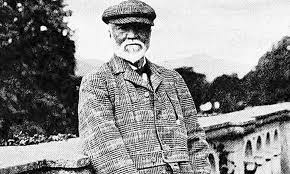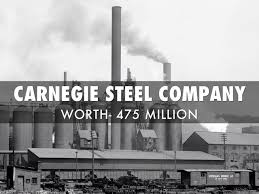
Andrew Carnegie was a prominent businessman and industrialist who played a major role in the development of the steel industry in Cleveland, Ohio. He began his career in the steel industry in the 1870s, working as a clerk and then as a telegraph operator for the Pennsylvania Railroad. In 1873, he formed a partnership with several other investors to create the Keystone Bridge Works, which manufactured bridges and other structures made of steel. This venture was successful, and in 1875 Carnegie established the J. Edgar Thomson Steel Works in Braddock, Pennsylvania, which produced steel rails for the railroad industry.
In 1892, Carnegie merged his steel companies with several others to form the Carnegie Steel Company, which became one of the largest and most successful steel companies in the United States. The company had several plants in Cleveland, Ohio, including the Cleveland Rolling Mills and the American Steel and Wire Company. These plants produced a wide range of steel products, including rails, beams, and wire. Carnegie’s success in the steel industry helped to make Cleveland a major industrial center, and his company was a major employer in the city for many years.

However, in 1901, Carnegie sold his steel company to J.P Morgan for $480 million, which is equivalent to around $13 billion in today’s currency. Thus, his involvement in the steel industry in Cleveland, Ohio was more in terms of being one of the pioneers of the industry, and not exactly in starting the steel industry in Cleveland, Ohio.


